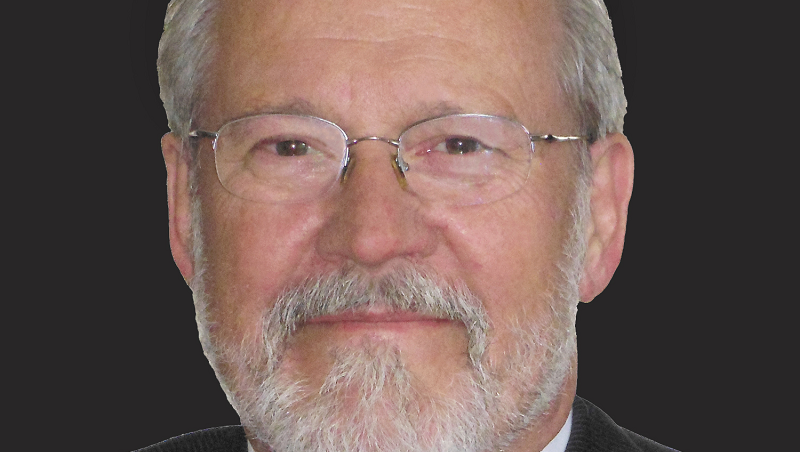Tis the season to be hopeful. Christ's birthday gives believers hope as does the beginning of a new year. For those who've lost someone to illness or accident, hope is pretty much all that's left when we can’t fathom why it happened to them...or us.
Hope is an integral part of the human condition. It's that last bit of fuel in a near empty reservoir of energy. It rests alongside our fear when everything around us seems hopeless. We retrieve it from our closet along with the holiday wreaths and the tree lights and give it a place of prominence…for a few weeks. Then, after the decorations are boxed up, we return it to storage. For many, depression sets in. We focus on our losses and mourn what's missing from our lives.
We curse hope for having somehow wormed its way into our consciousness like a virus that threatens our fragile immune system. We forget that hope isn't something foreign. We've inherited it from our parents, churches and society at large. It's not our fault that we call on it when despair comes knocking at our heart's door. That's what we humans do, and our culture teaches us that it's critical to our survival.
We lose our belief in ourselves and our country when we hit bottom, but loss of hope also releases something in us that we've suppressed in the good times. The natural planners and skeptics among us become calmer when we're forced to rely on the reality of our situations. Conversely, those unaccustomed to such a loss become insecure and filled with anxiety when their 'lifeline' goes missing.
Have we finally reached the point where the only option left for us is to forego hope altogether so we can concentrate on reality to solve our problems?
Optimists will tell you we must have hope, and pessimists will say that hope is the opiate of the masses and a tool of the optimists. Maybe both optimists and pessimists are the root cause of many of our problems. Both bury their heads in their preferred sand boxes, refusing to accept the real challenges that keep repeating themselves. They repair to their separate camps and won't acknowledge one important fact: we keep electing people with insatiable appetites for power, money, ego and ideological hegemony.
As we close out 2022, we must all agree that we have been taken to the woodshed for believing in our institutions by the very people we rewarded with our respect and trust. We have been spied upon, arrested, muzzled, censored and told by our President that we are unpatriotic, White supremacist bigots. We've been lied to by officials who have colluded with the media to feed us steady doses of prevaricative propaganda to keep us in line.
They have purposely divided us and undermined our national unity as one people under one God -- all with total impunity. They and they alone have killed hope, and they will pay the price for it. When hope dies it leaves a vacuum which will be filled by something. It can be apathy or anger, but it will be filled in short order. Any government that destroys hope also destroys faith, and both are like the ballast in a fluorescent light which helps to regulate the current created. Without it, the current rapidly increases and causes the lamp to overheat. Governments are no different.
Our country is hurting and we are looking ahead to a year filled with huge challenges when we consider the problems facing us like the breakdown of law and order, our broken border with drug smuggling and human trafficking, the attacks on religion and freedom of speech, the willful ignorance of parents' rights, sexual promiscuity and the cavalier attitudes towards human life itself. We have tried hope and have found it to be ineffective. Now it is time to accept reality and change course.
To do that we must name them (those who are responsible for our country's destructive policies), blame them (by making them accountable) and shame them (by calling them out, publicly) for their actions. Maybe that way we can buy back some hope for our future. I hope so.
Stephan Helgesen is a retired career U.S. diplomat who lived and worked in 30 countries for 25 years during the Reagan, G.H.W. Bush, Clinton, and G.W. Bush Administrations. He is the author of twelve books, six of which are on American politics and has written over 1,300 articles on politics, economics and social trends. He operates a political news story aggregator website: www.projectpushback.com. He can be reached at: stephan@stephanhelgesen.com.








